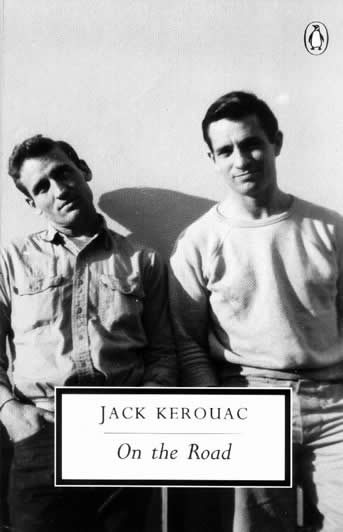
On Saturday night at 9pm I left Pittsburgh for Washington DC. A couple of hours later I was driving through the Appalachian mountains underneath a gigantic, almost-full yellow moon. Rupert was asleep in the backseat, I was listening to the new Shins album and I felt completely free. I started thinking about how great it would be to drive across the country with Beth. I've done it twice: once alone from LA to DC in four days when I was 16 and then with my best friend Ben from DC to LA when we were 18. I began to try and figure out how Beth and I could make this happen. Then I started thinking about the obstacles that would arise: money, hotels that don't take dogs, etc., etc., etc. I began to get sad and depressed, feeling old and like all my adventures were over. Then I had a miraculous thought. But, I'm doing it, I realized. I'm doing it right now. I don't have to be sad at the prospect of not being able to drive across the country in the future because I'm actually driving across the country right now! As I thought about that near miss more and more I saw that so much of my life is like that: I imagine how great things will be in the future, completely blind to how great things are in the present.
That's Jack Kerouac on the right and his best friend Neal Cassady on the left. Sal Paradise and Dean Moriarty in the book. (This one goes out to you, BK.)



